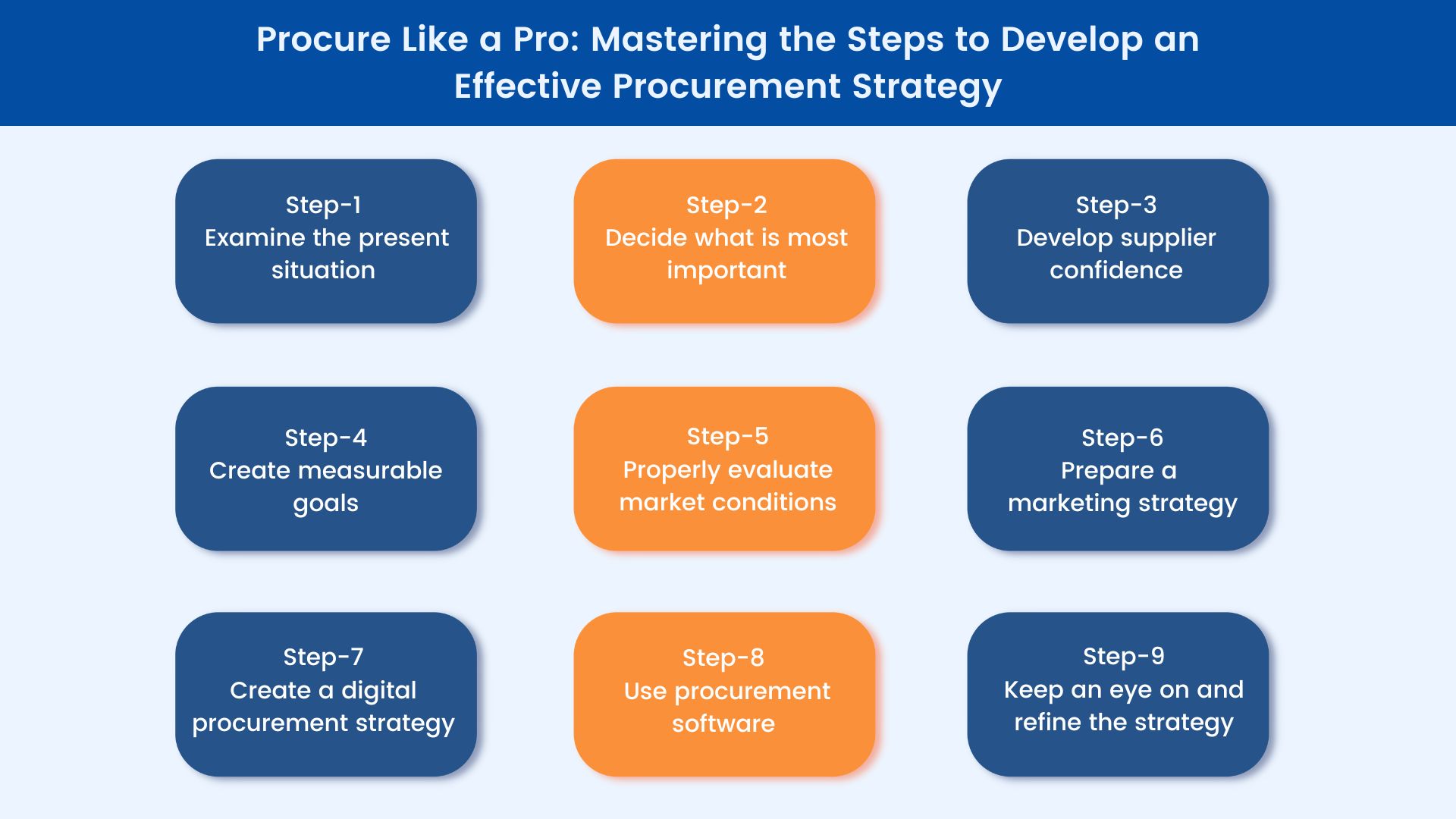The Importance Of Middle Managers: Bridging The Gap Between Leadership And Employees

Table of Contents
<p>In today's complex organizational landscape, the role of middle managers is often underestimated. These individuals are crucial in bridging the gap between upper leadership and frontline employees, directly impacting organizational success. Understanding the importance of middle managers is key to fostering effective communication, boosting employee engagement, and achieving strategic goals. This article will explore the vital contributions of middle managers and highlight why their role is more critical than ever. Effective middle management is not just beneficial; it's essential for sustained organizational growth and profitability.</p>
<h2>Effective Communication and Information Flow</h2>
<p>Middle managers act as a vital communication link, translating strategic directives from upper management into actionable plans for their teams and vice versa. They ensure that information flows smoothly in both directions, preventing misunderstandings and fostering a culture of transparency.</p>
<h3>Translating Strategy</h3> <p>They break down complex strategies into manageable tasks and goals, ensuring clarity and understanding at all levels. This involves identifying key performance indicators (KPIs) and setting realistic, achievable targets for their teams.</p> <ul> <li><b>Example:</b> Instead of a vague corporate goal of "improving customer satisfaction," middle managers define specific team objectives like reducing customer service response times by 15% and increasing positive customer feedback ratings by 10%.</li> <li><b>Benefit:</b> Reduces confusion, increases buy-in from team members, and improves overall efficiency by focusing efforts on measurable outcomes.</li> </ul>
<h3>Feedback Mechanisms</h3> <p>Middle managers provide a critical feedback loop, conveying employee concerns and suggestions to senior leadership and relaying management decisions back to the team. This two-way communication is vital for addressing issues promptly and maintaining morale.</p> <ul> <li><b>Example:</b> Regularly conducting team meetings to gather feedback, actively listening to employee concerns, and promptly addressing any issues raised.</li> <li><b>Benefit:</b> Improves morale, promotes transparency, and identifies potential problems early, preventing them from escalating into larger issues.</li> </ul>
<h2>Team Motivation and Employee Engagement</h2>
<p>Middle managers are responsible for fostering a positive work environment and motivating their teams to achieve peak performance. Their leadership style directly impacts employee engagement and retention.</p>
<h3>Mentorship and Development</h3> <p>They act as mentors and coaches, guiding team members' professional growth and development. This includes providing regular feedback, identifying training needs, and fostering a culture of continuous learning.</p> <ul> <li><b>Example:</b> Providing regular performance reviews, offering training opportunities tailored to individual needs, and identifying individual strengths and weaknesses to facilitate career progression.</li> <li><b>Benefit:</b> Improves employee retention, boosts skills and capabilities within the team, and increases job satisfaction, leading to higher productivity.</li> </ul>
<h3>Conflict Resolution</h3> <p>Middle managers effectively address conflicts within the team, preventing escalation and promoting collaboration. Their ability to mediate disagreements and foster a positive team dynamic is crucial for productivity.</p> <ul> <li><b>Example:</b> Mediating disagreements fairly, facilitating constructive dialogue between team members, and ensuring fair treatment of all individuals, creating a harmonious workplace.</li> <li><b>Benefit:</b> Creates a harmonious work environment, improves teamwork and collaboration, and enhances productivity by minimizing disruptions caused by conflict.</li> </ul>
<h2>Performance Management and Accountability</h2>
<p>Middle managers play a crucial role in driving performance and ensuring accountability within their teams. They are responsible for setting clear expectations, monitoring progress, and addressing performance issues proactively.</p>
<h3>Setting Goals and Monitoring Progress</h3> <p>They establish clear goals, track progress, and provide regular feedback to team members. This involves utilizing project management tools and techniques to ensure efficient task completion.</p> <ul> <li><b>Example:</b> Using project management software, conducting regular check-ins with team members, and providing constructive criticism and positive reinforcement to ensure progress towards established goals.</li> <li><b>Benefit:</b> Improves team performance, increases productivity by keeping projects on track, and facilitates timely project completion.</li> </ul>
<h3>Identifying and Addressing Performance Issues</h3> <p>They identify performance gaps, address issues proactively, and implement corrective actions. This involves providing support, additional training, or addressing disciplinary issues as needed.</p> <ul> <li><b>Example:</b> Providing additional training, adjusting workloads to improve work-life balance, or addressing disciplinary issues fairly and consistently to maintain team standards.</li> <li><b>Benefit:</b> Ensures high-quality work, prevents project delays, and maintains team standards, contributing to overall organizational success.</li> </ul>
<h2>Strategic Alignment and Implementation</h2>
<p>Middle managers are critical in aligning team activities with the overall organizational strategy. They ensure that their teams understand the "big picture" and how their work contributes to the company's overall objectives.</p>
<h3>Understanding Organizational Goals</h3> <p>They ensure their teams understand the overall strategic objectives and how their work contributes to the bigger picture. This involves clearly communicating the company's vision, mission, and strategic plans.</p> <ul> <li><b>Example:</b> Communicating the company's vision, mission, and strategic plans clearly, relating team tasks to the overall strategic goals, and ensuring everyone understands their contribution.</li> <li><b>Benefit:</b> Improves team motivation by fostering a sense of purpose, promotes a sense of ownership, and ensures everyone is working towards common goals.</li> </ul>
<h3>Adapting to Change</h3> <p>They help their teams adapt to changes in strategy, processes, and technology, ensuring smooth transitions and minimal disruption. This involves providing training and support to navigate changes effectively.</p> <ul> <li><b>Example:</b> Providing training on new technologies, adapting workflows to reflect strategic shifts, and effectively managing change to minimize disruption and resistance.</li> <li><b>Benefit:</b> Improves organizational agility, reduces resistance to change, and maintains efficiency even during periods of significant organizational transformation.</li> </ul>
<h3>Conclusion:</h3>
<p>Middle managers are the linchpin connecting leadership and employees, playing a vital role in communication, motivation, performance management, and strategic alignment. Investing in and supporting your middle management team is an investment in the overall success of your organization. Neglecting their importance can lead to communication breakdowns, decreased employee engagement, and ultimately, underperformance. By understanding and appreciating the significant contributions of middle managers, organizations can build a stronger, more effective, and successful workforce. Invest in your middle managers today – they are key to the success of your organization. Remember the vital role of effective middle management in driving performance and achieving your organizational goals. Strengthen your leadership pipeline by investing in comprehensive middle management training and development programs.</p>

Featured Posts
-
 Voice Assistant Creation Open Ais 2024 Developer Event Highlights
Apr 27, 2025
Voice Assistant Creation Open Ais 2024 Developer Event Highlights
Apr 27, 2025 -
 Professional Hair And Tattoo Artists Inspired By Ariana Grandes New Look
Apr 27, 2025
Professional Hair And Tattoo Artists Inspired By Ariana Grandes New Look
Apr 27, 2025 -
 Ohio Train Derailment Toxic Chemical Lingering In Buildings
Apr 27, 2025
Ohio Train Derailment Toxic Chemical Lingering In Buildings
Apr 27, 2025 -
 Understanding The Daxs Response To German Political And Economic News
Apr 27, 2025
Understanding The Daxs Response To German Political And Economic News
Apr 27, 2025 -
 Supporting Canadian Jobs Napoleons Procurement Strategy
Apr 27, 2025
Supporting Canadian Jobs Napoleons Procurement Strategy
Apr 27, 2025
Latest Posts
-
 The U S Dollars First 100 Days A Historical Comparison
Apr 28, 2025
The U S Dollars First 100 Days A Historical Comparison
Apr 28, 2025 -
 U S Dollars Troubled Start Parallels To The Nixon Presidency
Apr 28, 2025
U S Dollars Troubled Start Parallels To The Nixon Presidency
Apr 28, 2025 -
 Nixons Shadow A Look At The Current U S Dollars Performance
Apr 28, 2025
Nixons Shadow A Look At The Current U S Dollars Performance
Apr 28, 2025 -
 U S Dollar Weak Start To Presidency Mirrors Nixon Era
Apr 28, 2025
U S Dollar Weak Start To Presidency Mirrors Nixon Era
Apr 28, 2025 -
 Yukon Legislature Mine Managers Testimony Sparks Contempt Threat
Apr 28, 2025
Yukon Legislature Mine Managers Testimony Sparks Contempt Threat
Apr 28, 2025
